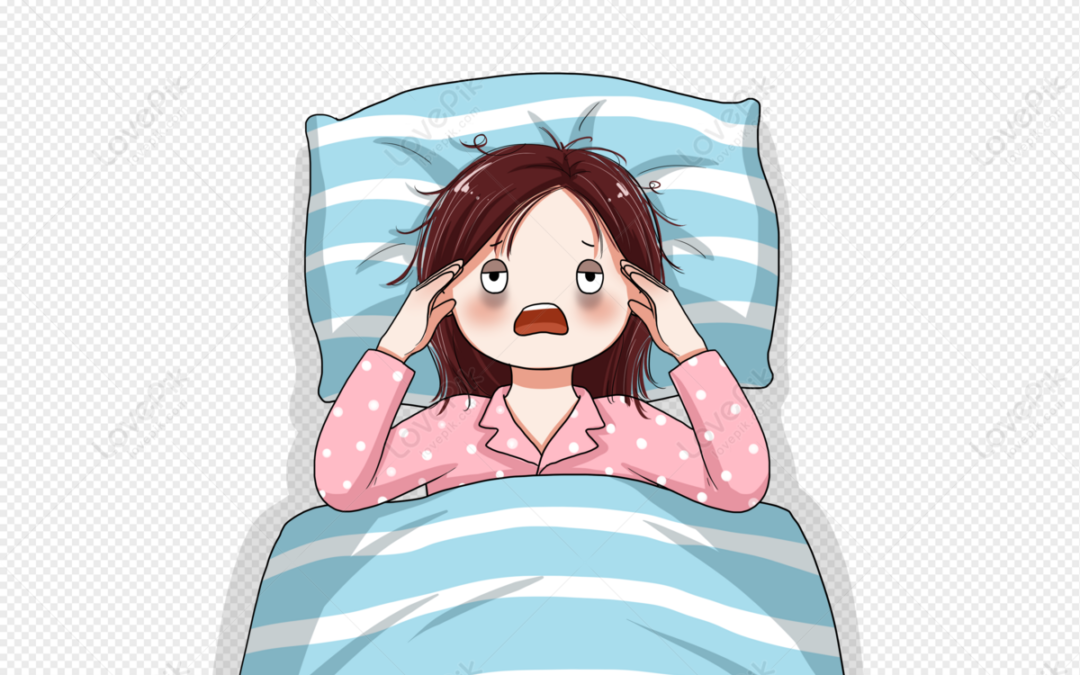Insomnia is a widespread issue affecting millions of people around the globe. This sleep disorder can disrupt daily life, impairing productivity, mood, and overall health. If you find yourself tossing and turning, unable to drift off to sleep, you’re not alone. Fortunately, there are effective strategies to combat insomnia and foster restful nights. Here’s a comprehensive guide on how to manage and alleviate insomnia.
Understanding Insomnia
Before diving into survival tips, it’s important to understand what insomnia is. It’s not just about difficulty falling asleep; it can also involve waking up frequently during the night or waking up too early and not being able to return to sleep. Insomnia can be classified into two types:
Acute Insomnia: This short-term form can last a few days to weeks, often triggered by stress, trauma, or changes in environment.
Chronic Insomnia: This long-term condition occurs at least three times a week for three months or longer, often linked to underlying health issues or lifestyle factors.
Causes of Insomnia
Insomnia can be caused by various factors, including:
Stress and Anxiety: Worries about work, health, or personal issues can keep your mind racing at night.
Depression: This mental health condition can significantly disrupt sleep patterns.
Lifestyle Choices: Caffeine, alcohol, and irregular sleep schedules can contribute to sleep problems.
Medical Conditions: Chronic pain, asthma, and other conditions can interfere with sleep.
Medications: Some prescriptions may have side effects that disrupt sleep.
Tips for Achieving Restful Nights
1. Create a Sleep-Conducive Environment
Your bedroom should be a sanctuary for sleep. Here’s how to optimize your space:
Keep it Dark: Use blackout curtains or an eye mask to block out light.
Maintain a Comfortable Temperature: A cooler room (between 60-67°F or 15-19°C) is ideal for sleep.
Minimize Noise: Consider earplugs or a white noise machine to drown out disruptive sounds.
Invest in a Good Mattress and Pillows: Ensure your bed is comfortable and supportive.
2. Establish a Consistent Sleep Schedule
Consistency is key to regulating your body’s internal clock:
Go to Bed and Wake Up at the Same Time Every Day: This helps reinforce your sleep-wake cycle.
Limit Naps: If you must nap, keep it to 20-30 minutes in the early afternoon.
3. Develop a Relaxing Pre-Sleep Routine
Establishing a calming routine can signal your body that it’s time to wind down:
Limit Screen Time: Reduce exposure to screens at least an hour before bed, as blue light can interfere with melatonin production.
Practice Relaxation Techniques: Engage in activities such as reading, meditation, or gentle yoga to ease your mind.
Avoid Stimulants: Refrain from caffeine and nicotine in the hours leading up to bedtime.
4. Be Mindful of Food and Drink
What you consume can significantly impact your sleep:
Avoid Heavy Meals Before Bed: Eating large or spicy meals can cause discomfort and indigestion.
Limit Alcohol Intake: While it may initially make you drowsy, alcohol can disrupt your sleep later in the night.
Stay Hydrated, But Not Too Much: Drink enough water during the day, but limit fluids right before bed to reduce nighttime trips to the bathroom.
5. Get Regular Exercise
Physical activity can help improve sleep quality:
Aim for 30 Minutes of Moderate Exercise Most Days: This can include walking, jogging, or dancing.
Avoid Intense Workouts Close to Bedtime: Try to finish exercising at least three hours before you sleep.
6. Manage Stress and Anxiety
Implementing stress-reduction techniques can be beneficial:
Practice Mindfulness and Meditation: These practices can help calm racing thoughts and reduce anxiety.
Journal Your Thoughts: Writing down your worries before bed can help clear your mind.
Consider Professional Help: If anxiety or depression is impacting your sleep, speaking with a therapist can provide support.
7. Consider Natural Sleep Aids
If you’re struggling with insomnia, natural remedies may offer relief:
Herbal Teas: Chamomile, valerian root, and lavender teas can promote relaxation.
Melatonin Supplements: This hormone regulates sleep-wake cycles; consult with a healthcare provider before using it.
Essential Oils: Aromatherapy with oils like lavender can create a calming atmosphere conducive to sleep.
8. Seek Professional Help When Needed
If insomnia persists despite trying various strategies, it may be time to consult a healthcare professional. They can help identify underlying issues, prescribe appropriate treatments, or suggest cognitive-behavioral therapy for insomnia (CBT-I), which has proven effective for many.
Conclusion
Insomnia can be a challenging condition, but with the right strategies, you can take control of your sleep and improve your quality of life. By creating a restful environment, establishing a consistent routine, and managing stress, you can foster a healthier relationship with sleep. Remember, everyone’s journey to restful nights is unique, so be patient and persistent in finding what works best for you. A good night’s sleep is not just a luxury; it’s essential for overall well-being.

